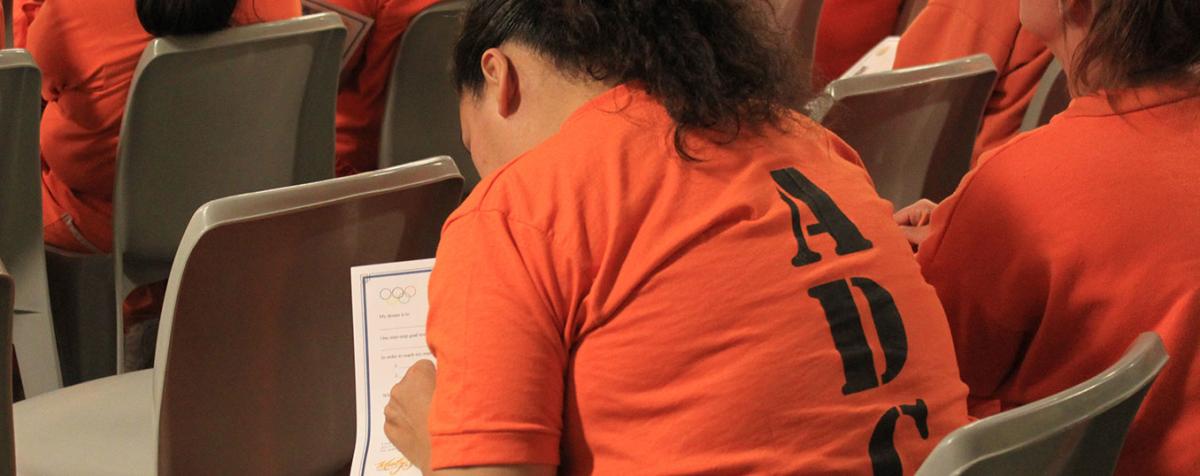Safe Streets, Second Chances
Improving Reentry Services
Our Partnership
Through the Safe Streets, Second Chances project, we worked to develop a model of reentry services that reduces recidivism, decreases costs and fosters productive citizenship. This collaborative project between DU and partners like Florida State University sought to create effective near- and long-term strategies to help individuals who were formerly incarcerated to reestablish their lives.
About DU Research
We leverage cross-institutional collaboration to address some of today’s most pressing challenges, producing interdisciplinary solutions that influence policymakers to effectively serve the public good. From Stanford to UChicago to NYU, we’ve refined our collaborative process through years of mutually beneficial relationships with institutions nationwide to understand and address challenges like climate change, HIV and youth homelessness.
DU’s current research efforts have been featured in news outlets like The New York Times. They include…
- exploring the effects of felony disenfranchisement.
- employing lasers as the medium for quantum science.
- using theatre to heal and rehabilitate inmates.









